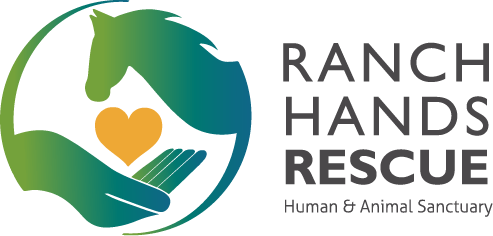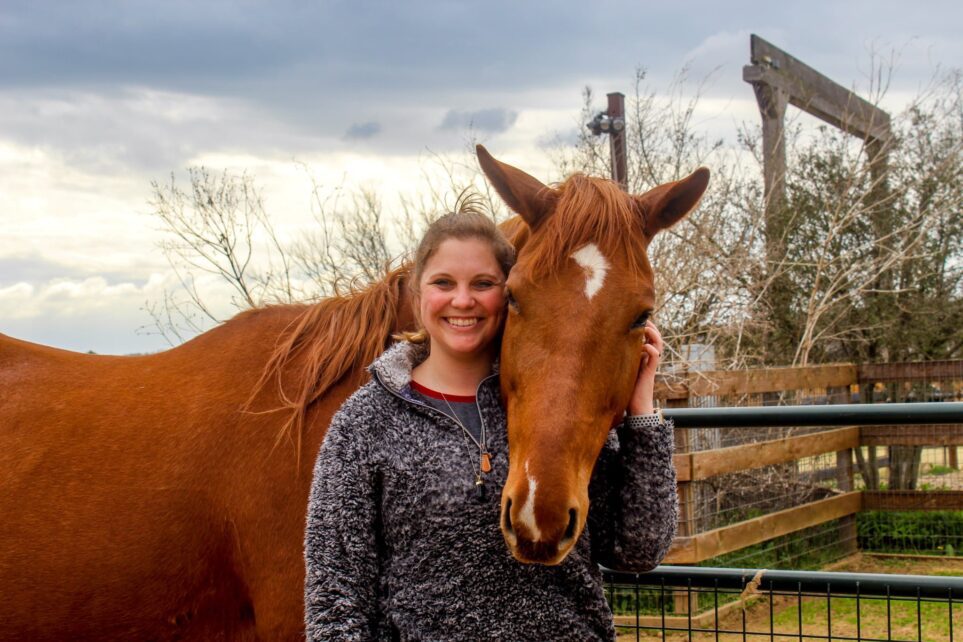By Monique Van Houten, MS, LPC-Associate
Supervised by Supervised by Joye Jones, LPC-Supervisor
How Do Emotional Support Animals Help?
I have heard time and time again from clients, friends, and family that animals are “supportive” and they “make me feel better”. I have often wondered why this is, finding myself thinking that there has to be more to it than they are cute. When looking into the human-animal social interaction (Chandler, 2017), I found that as mammal’s, we innately want to connect, nurture, and form social attachments. When looking at mammals and how they interact with their young, who are born fairly vulnerable and dependent on their parents for survival, biology kicks in to assist with the caretaking process. We see that both parent and child are experiencing positive, nurturing contact, which encourages the caretaking for both parent and their young. That same biological response has been seen in human’s interactions with emotional support animals.
Animal Therapy Benefits
Interactions between animal and human for several minutes has been shown to significantly increase levels of oxytocin, endorphins, and dopamine in both animal AND human (Chandler, 2017). For those unfamiliar with these chemicals, they help with relieving pain, encouraging feelings of joy, soothing our moods, and reducing our stress. Bonding with an animal literally makes you happier! Numerous studies have shown that modalities such as Animal Assisted Therapy and Equine Assisted Therapy can be just as effective as (or more) traditional talk therapy. Working with animals allows people to feel safe, supported, and not judged, which in turn allows an individual to be more open to sharing and participating in the therapeutic process. It would seem that animals not only make us happy, but also safe and accepted, something that is particularly important when working with people struggling with depression, anxiety, trauma, and other mental health concerns.
I have been asked by clients if there are “better” animals to work with when doing animal assisted therapy. The short answer is not really, it more depends on your area of focus, what you are trying to accomplish in therapy, and the temperament of the animal. When looking at farm animals and AAT there are several advantages to working with animals such as sheep, llamas, alpacas, pigs, and even horses. For example, pot-bellied pigs are extremely intelligent and can learn obedience commands, horses are very expressive and communicative through body language and can provide opportunities for clients to work on skills that may be more challenging with other animals, and cats can provide nurture and affection, as well as companionship. “Any farm animal is appropriate for therapy work as long as it is healthy and not aggressive” (Chandler, 2017).
Farm Animals and Mental Health
Working with prey animals like horses, llamas, horses, pigs, and sheep, I have been able to learn how sensitive these animals are to how we feel. Any shift in our emotions, they pick up on, sometimes even before we realize it ourselves. This has been a huge benefit when working with populations that tend to avoid their emotions, like those that have gone through extensive trauma. According to Trotter and Baggerly (2019), when looking at equine assisted therapy, the hope is to “create an opportunity to: practice skills in an experiential but less threatening setting, co-regulate with a horse in order to increase body awareness, use the calm presence of the horse as an anchor point, and discover relational aspects of the self through touch and movement with another species” (p.128). Animals are amazing creatures that are showing time and time again to be beneficial to so many, regardless of what you are going through or your mental health concerns. As Dr. Cynthia Chandler says, “sometimes we need comfort and affection to help us through tough times” (Chandler, 2017, p.2).
References
Chandler, C. K. (2017). Animal assisted therapy in counseling. Routledge.
Trotter, K. S., & Baggerly, J. (2019). Equine-assisted mental health for healing trauma. Routledge, Taylor & Francis Group.


